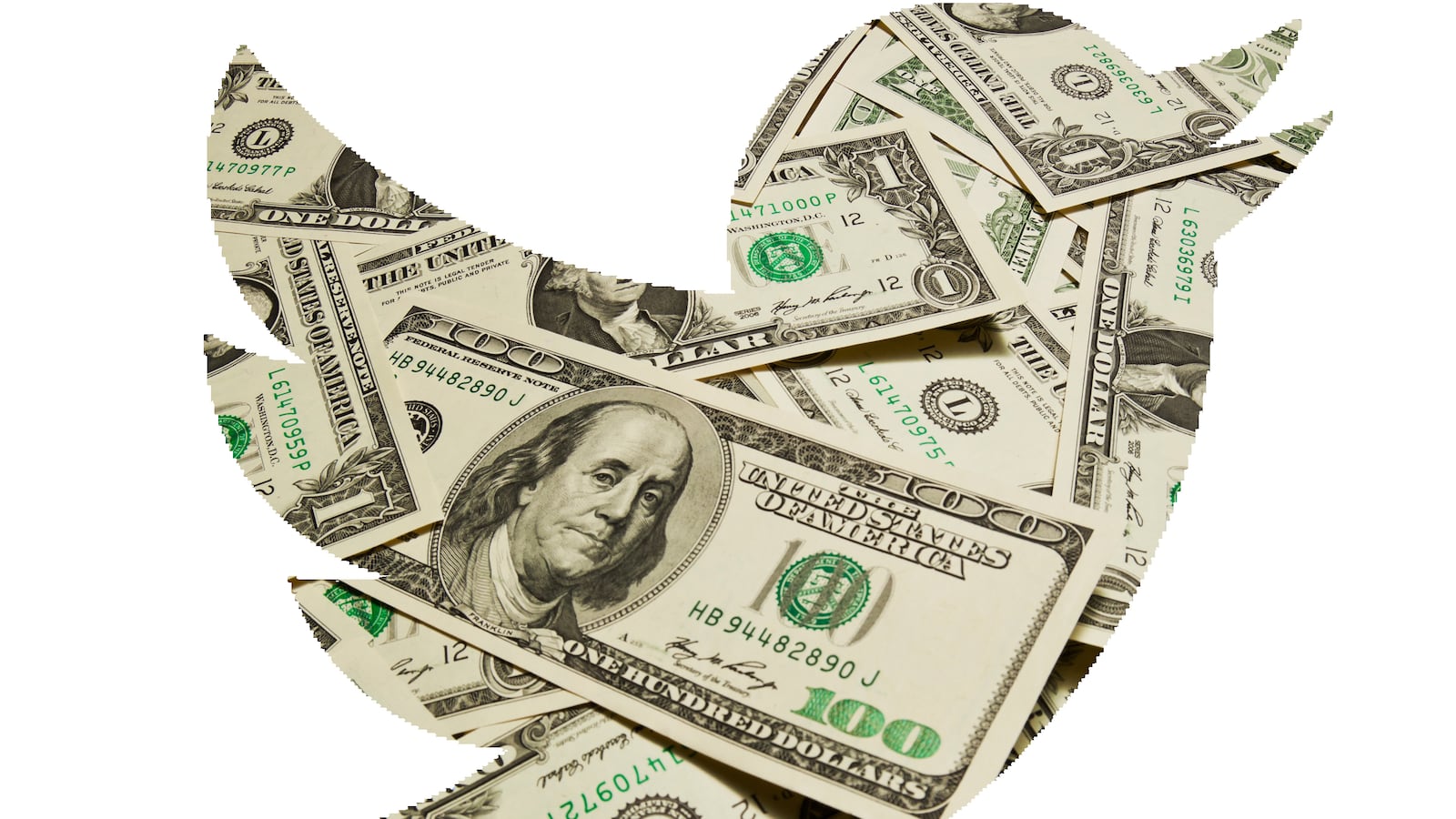We’ve confidentially submitted an S-1 to the SEC for a planned IPO. This Tweet does not constitute an offer of any securities for sale.
— Twitter (@twitter) September 12, 2013
Finance and technology are rarely ironic. But on Thursday night, for a brief moment, they were. Twitter, the app/ad platform/medium devoted to public oversharing announced a confidential public offering.
Wait, what? How can a public offering be confidential? And why would Twitter not want to broadcast its intentions to sell shares to the public as loud as possible?

You can thank Congress and President Obama for this bit of jumbled logic.
Typically, when a company announces its intention to sell shares to the public, it files a remarkably exhaustive prospectus with the Securities and Exchange Commission, known as an S-1. The S-1 contains data about the company’s business, the properties it owns, and, most important, how much money it made—or lost—in the last several years. This information allows bankers and investors to make reasoned judgments as to the company’s valuation. When companies file their S-1s, the SEC makes it available to the public on the EDGAR system.
A prospectus requires companies to spend a lot of money on expensive lawyers and accountants, and forces them to share information with competitors. And so Congress and the White House, in a rare act of bipartisanship last year, worked to relieve smaller companies—defined as those with less than $1 billion in revenue—of some of this burden.
The Jumpstart Our Business Startups Act—the JOBS Act (get it?)—was signed into law in April 2012. It allows “emerging growth” companies to file confidential prospectuses with the SEC, provided that they make it and other documents available to the public “not later than 21 days before the date on which the issuer conducts a road show.” In other words, you can’t actually sell stock to the public without opening the kimono. But you can delay making public disclosures until a few weeks before you start marketing the stock.
What’s the point of a confidential IPO? As Inc. points out, this process allows companies time to gauge potential interest before actually filing. It’s kind of like in middle school when you had your friend ask that girl’s friend what would happen if you asked that girl out. The rejection could be delivered through a third party without public humiliation. With a confidential IPO, if it turns out that the market just isn’t that into you, nobody else has to know.
Twitter would make a strange candidate for such an offering. Everybody knows about the company. Everybody has assumed it would go public soon, because that’s what social-media companies with huge user bases and burgeoning ad businesses do. Meanwhile, the stocks of already-public social networks Facebook and LinkedIn have been on a tear. We know that Twitter has been profitable since late last year, and brought in about $100 million in cash in the fourth quarter of 2012.
So why would Twitter choose this path? Well, maybe it’s not quite ready to let everybody know precisely how much (or how little) it made last year. It could be that executives are nervous about the recently volatile markets and don’t want to commit themselves to launch their financial ship into roiling seas. Or it could be that they’d like to wait a few more quarters—until the company’s user numbers and financial data look even better than they do now—to start formally marketing the shares.
What’s more, the run-up to an IPO can be enormously distracting. Once papers are filed, everybody in and around the company starts to speculate about the post-offering value, and the riches that will be shared (often unequally). In the prospectus, top executives have to disclose how much they make each year, how many shares and options they own, what kind of perks they get, and which venture-capital firms and lucky friends and family have been dealt in. In other words, the individuals who run a firm that will likely be worth several billion dollars because of humans’ immense capacity for sharing just want to withhold a little.






